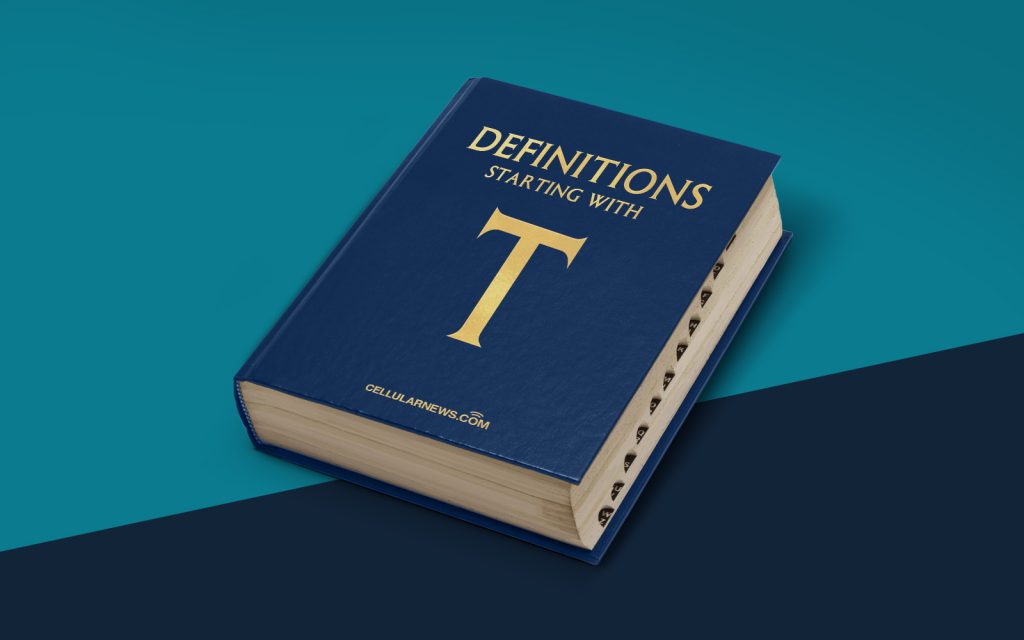
Exploring the World of Tautology: A Definition
Welcome to another installment of our “DEFINITIONS” series, where we dive into various linguistic concepts and terminologies. Today, we are putting the spotlight on an intriguing concept known as tautology. What exactly is tautology? How does it operate in language? And why is it important to understand? Let’s explore!
Key Takeaways:
- Tautology is a rhetorical device involving the unnecessary repetition of words or ideas.
- While tautologies are often frowned upon in effective communication, they can occasionally serve a purpose in emphasizing a point.
Tautology, derived from the Greek word “tauto” meaning “the same,” can be defined as a practice in language where an unnecessary or redundant repetition of words or ideas occurs. In simpler terms, it is the use of different words or phrases to express the same meaning.
Let’s take a look at an example to better understand tautology:
“I saw it with my own eyes.”
In this sentence, the phrase “with my own eyes” is a tautology because the word “eyes” is already implied in the verb “saw.” The information is being redundantly repeated, which is not necessary for proper comprehension.
Now, you may be wondering, why should we bother learning about tautologies if they are considered unnecessary in effective communication? It’s a valid question, and the answer lies in understanding the role tautology plays in language and rhetoric.
So, why is it important to grasp the concept of tautology? Here are a couple of key takeaways:
- Emphasis: Tautology can be used intentionally to accentuate or emphasize a particular point. By repeating certain words or ideas, speakers or writers can leave a lasting impact on their audience.
- Identifying Logical Fallacies: Tautology is closely related to logical fallacies, which are flaws in reasoning. By recognizing tautological statements, we can better identify when arguments lack substance or rely solely on repetitive rhetoric.
While tautology should generally be avoided in polished and concise communication, it is important to remember that language is a tool that offers flexibility and nuance. There may be instances where a tautological expression serves a specific purpose, such as adding emphasis or creating a poetic effect.
By understanding tautology and its potential uses, we can become more adept at crafting persuasive arguments, avoiding logical fallacies, and appreciating the intricacies of language. So, let’s keep exploring the vast world of linguistics together!
